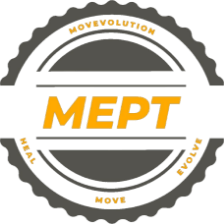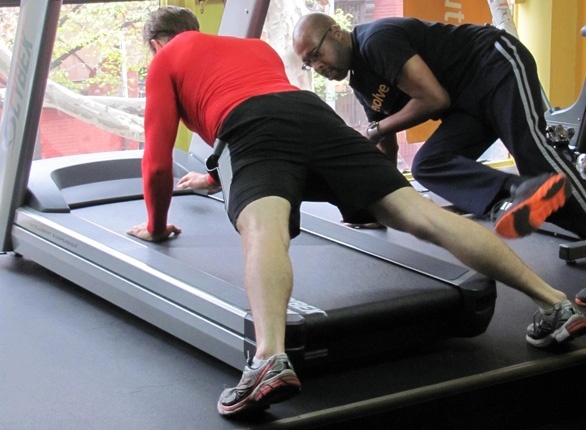Treating folks, like you, who move for a living and love to move

Blogs

Author: Richard Symister
Rule #6: Ask for Help Practical Goal Setting for Athletic Performance
From the well-informed, lifelong athlete to the injury-nursing and the absolute beginner —we all benefit from good advice.
In the athletic performance field, there are different types of help:
- The Physical Therapist
- The Coach or Certified Strength and Conditioning Specialist
- The Trainer
Each of these is a role focused on individual moments along the fitness path. At MovEvolution, we combine these differentiated roles into the role of the Fitness Mentor, because athletes who take the long view of their performance understand the continuum of addressing injury, weakness, and conditioning.
Fitness Mentorship aggregates the benefits of each type of advising to address the whole body—its past, present, and future performance.
Identify. Prevent.
Do these opening lines resonate?
“It’s been a while. How do I know where to start?”
“I have an old injury. How can I tell if I’m strong enough?”
If you find yourself focused on the current status quo, regarding it as much less than ideal, your fitness mentor will likely direct you to identify injury and muscle weakness with a fitness screening . This will also point to any Therapy sessions that need to treat an injury now, and Conditioning sessions important to prevent injury.
Set goals. Program. Train + Maintain.
The next steps on the continuum, post-rehabilitation [link to website section], often involve lines like these:
“I have some long term goals, but I’d like help setting short term goals to get to them.”
“I’ve gathered a lot of fitness knowledge over the years, but I need to sort it out and make a plan that fits my age and the body I have now.”
Both the well-informed and the self-starter gain a healthy reality check on their self-analysis by working with a Mentor. Setting short-term goals and training to correct personal weaknesses evolves these already committed athletes to their next level.
Ask for help and you’re halfway there
Get a screening. Set goals. Begin your training program.
I am a physical therapist, strength and conditioning specialist, Track and Field Coach and life-long athlete—someone working in all of the modalities described above. With all of this training, I still rely on colleagues for structured workouts and training advice.
It may be the case that checking in with your mentor remotely (by email, Skype, or phone) works for you. You will move, adapt your program, and evolve. The knowledge that your progress is supervised by experts—that you are doing everything in your power to push for optimal performance—is empowering. A little help can make all the difference.
Read more about the fitness paths of our clients.
heal. move. evolve.

